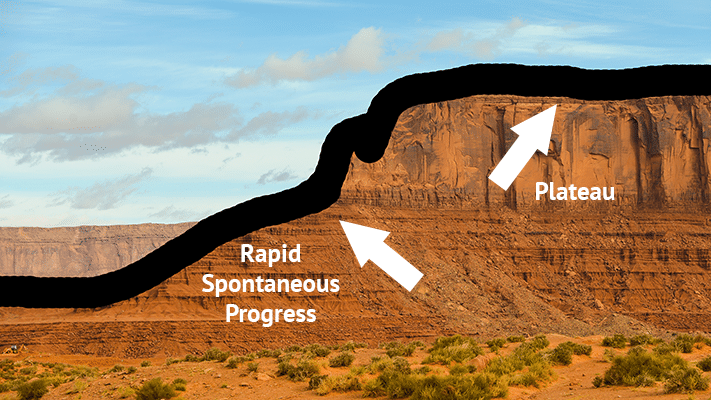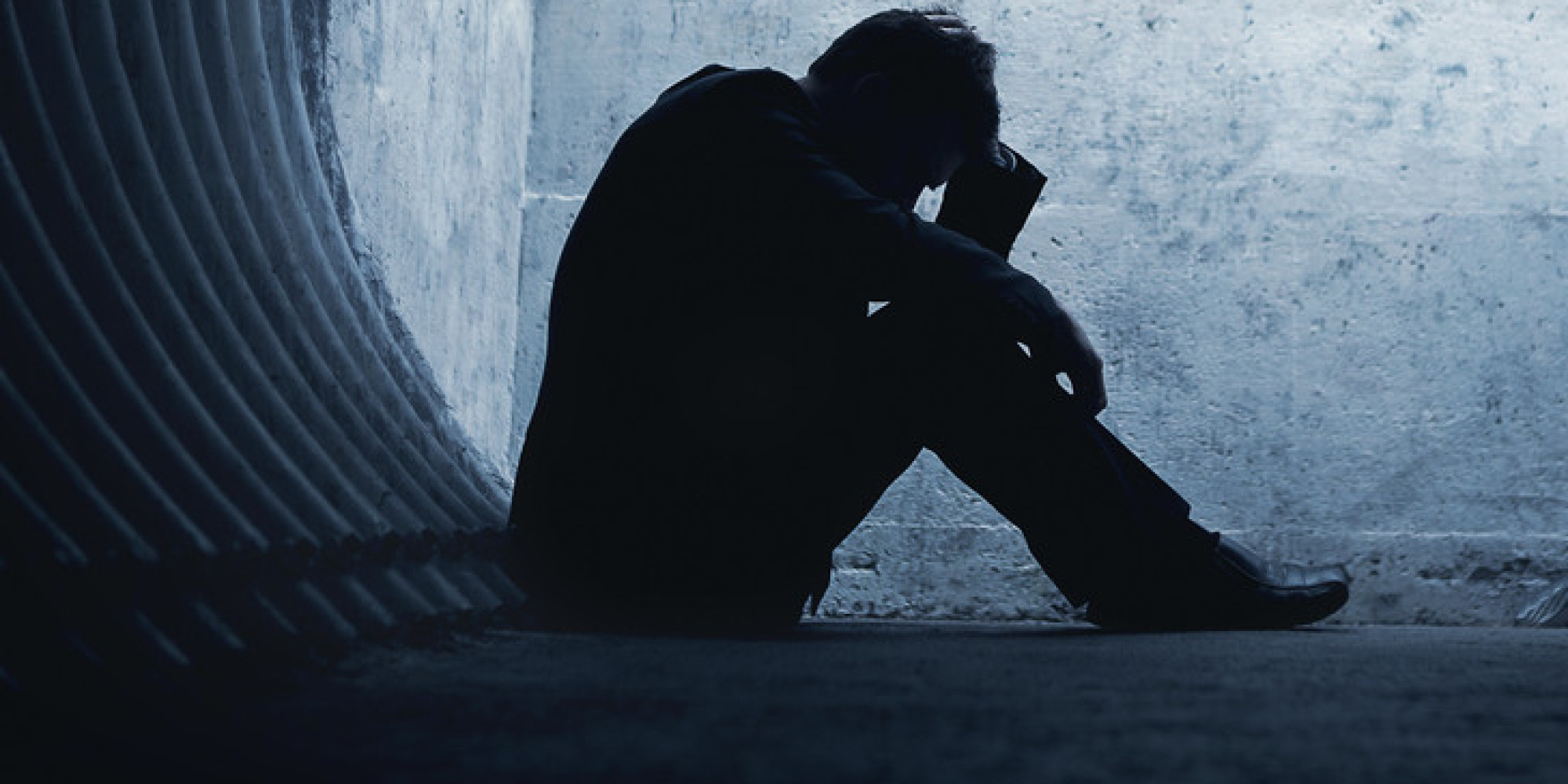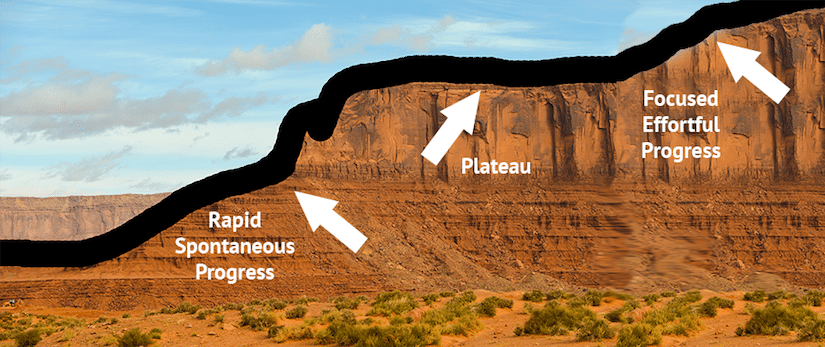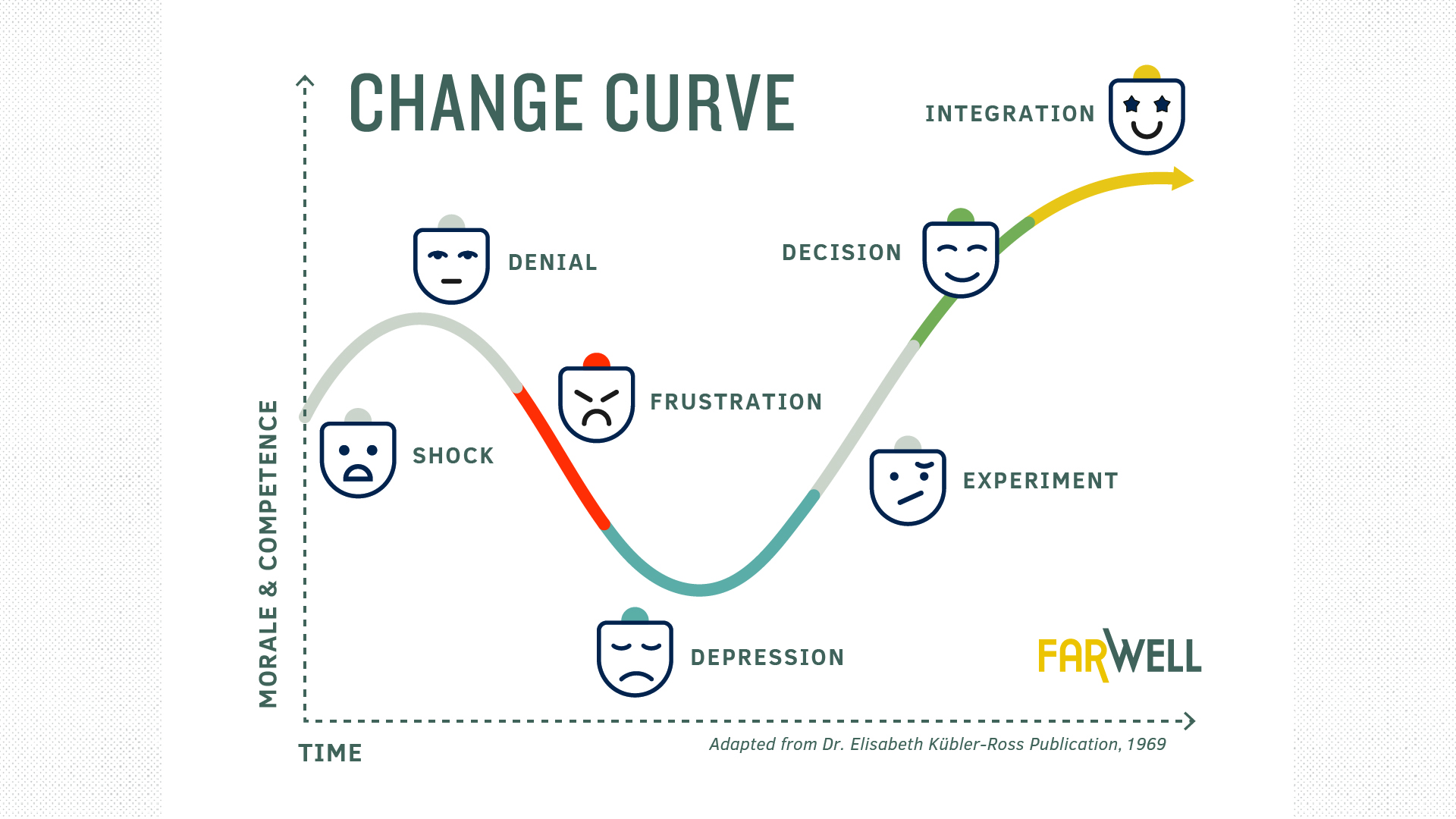The Truth about the Plateau in Stroke Recovery
Recover From Your Stroke With Saebo | Saebo. Saebo claim, "NO PLATEAU IN SIGHT". Exactly what does that mean?
As a stroke survivor, you may have heard someone say, “You’ve reached a plateau,” or “You’re plateauing.” A plateau is high flat land, so what does it have to do with your stroke recovery?

Immediately after you have a stroke is when everything is at the very worst. You may be paralyzed, confused, and unable to speak. Each day you get better as your brain heals, recovering from the shock of the stroke. The progress in the first few weeks or months is often rapid— a steadily upward line on the recovery chart.
As a result of my second Stroke, I was in a coma for 4-6 weeks, and when I first woke up, someone asked me what year it was, I thought, what a stupid question, and answered. Well, I am not sure what I told them, but it wasn't correct. After they told me what year it was, they would ask me the same question, over and over again. That quickly became my first goal.
Remember what year it is. I would say it over and over in my mind, waiting for someone to ask me, disappointed when they didn't ask. Seems funny now, but it wasn't funny back then. I was not happy with myself, frustrated actually.

But then the slope of that line may start to grow more horizontal. The change doesn’t come as fast or as spontaneously. As that line flattens out, you’ll start to hear about a plateau in your progress. After you’ve reached it, it may feel like you’re stuck—unable to climb any higher. Therapists may start to suggest your therapy will end. Doctors might say this is the best you’ll ever be, and do you know what?
They might be right— if you choose to believe them. "Don't, because they may be wrong, and now it's your job to prove them wrong!!
Personally, that helps me get out of bed each day, and helps me push through another 5 minutes on my Recumbent Bike, or one more lap around the neighborhood, or maybe for you, one more "sit to stand". If you are moving, there is a good chance you are also moving up.


The Myth of the Plateau in Stroke Recovery
Lots of stroke survivors keep improving, years after their stroke. They say the plateau doesn’t exist – it’s a myth! But doctors are saying it’s real – that recovery slows or stops. So is the plateau in stroke recovery true, or is it a myth?
It’s both. While it’s true that spontaneous recovery in the brain does slow down after a period of time post-stroke, the key word there is spontaneous. That means it happens without you even trying. If you’re riding the wave of recovery, thinking each day is going to be better than the last, there will come a point when that stops being true. When you see that you’re not getting better, you may start to feel sad and hopeless. And then things really stop getting better. In fact, they may start to get worse because you’re depressed.

The myth part of the plateau concept is that there’s nothing you can do about it. The brain can and will continue to change and improve if you work at it. Progress is absolutely possible years after stroke with focused exercises toward specific goals. It’s just not as easy as it was early on. You have to set a target, break it down into steps, and work on it repetitively. You may need to work on just one goal at a time. But you can make progress. You have to maintain your hope and motivation, and you’ll start to see change again, looking more like this.

The Ups and Downs of Stroke Recovery
There are always ups and downs in stroke recovery. Some days your skills may take a dip, or even a dive. If you’re tired, sick, overwhelmed, or stressed, your speech or mobility may suffer. These downturns may last a few hours, a few days, or even a few weeks. But over time, they’ll get better. If they don’t, it’s a good signal to go talk to your doctor or therapist to see if something else may be causing the decline. Usually, you’ll return to your best abilities once you’re rested or relaxed.
That is why it is important to keep changing up your exercise routine. Sometimes, Change is as good as a Rest.

There are also exciting upturns, like when a full sentence comes out perfectly, or your finger moves in a way it never has before. This spark of recovery may only last a moment, but it’s good news. It often means your brain is ready for the next step.
I perform Electrical Muscle Stimulation on my fingers, hand, arm, wrist and shoulder, everyday for about 2-3 years now. One night last week, I wasn't wearing my SaeboStretch, and when I awoke, my hand was in a fist. Without really thinking about it, I simply opened my hand, extending every finger and joint equally!! Then, I closed it and opened it again. So now I have to practice that movement everyday, over and over. Without assistance, that is the first time I did that in over 5 years! In my opinion, if you are not doing Electrical Muscle Stimulation, on different muscle groups everyday, you are not serious about Recovery. My opinion of course.
With all the daily ups and downs, the important thing to focus on is the overall trend of recovery. What can you do today that you couldn’t do a month ago? How much better do you sound now than six months ago? Keeping a journal, a video diary, or weekly recordings of yourself can really help you to see the progress over time that you may not notice day-to-day.
What I discovered on my Stroke Recovery Journey, is that I would do the same routine of exercises day after day, and honestly, I could not see a difference. However, one day I saw someone that I had not seen in months. They said, "Holy cow, I don't know what you have been doing, but whatever it is, it's working. I cannot believe the improvement in you". That was all the encouragement I needed. I found the key is that, there are going to be high days and low days. You just can't get to high on the good days or to low on the bad days. Believe me, there will be lots of both, we all go through it. Learning to navigate both is the key to SUCCESS!!


If you think you have Plateaued and need help, please contact us.
Canada: JGH Rehab
U.S.A. : Recover From Your Stroke With Saebo | Saebo
U.K. : Saebo UK
All content provided on this blog is for informational purposes only and is not intended to be a substitute for professional medical advice, diagnosis, or treatment. Many opinions and viewpoints are based on my own Personal Stroke Recovery journey. As every Stroke is different, so is every Stroke Recovery. Always seek the advice of your physician or other qualified health providers with any questions you may have regarding a medical condition. If you think you may have a medical emergency, call your doctor or 911 immediately. Reliance on any information provided by the JGH Rehab website is solely at your own risk.
